Understanding Diplomatic and Official Visas
Understanding Diplomatic and Official Visas
The Essence of Diplomatic Visas
Diplomatic visas serve as critical instruments for enabling foreign government representatives to fulfill their duties abroad. These specialized visas provide holders with expedited processing and certain legal immunities, which vary depending on the host country's regulations. Such privileges are not arbitrary but reflect the visa holder's role in fostering international cooperation. While requirements differ globally, applicants typically must submit documentation proving their diplomatic status and official government position.
Holders of diplomatic visas benefit from streamlined border procedures and exemptions from select taxes and regulations. These advantages, however, come with responsibilities. Diplomats must respect host country laws and maintain professional conduct standards. The balance between privileges and obligations requires careful navigation by both issuing and receiving nations.
Official Visas Explained
Government personnel who aren't diplomats but require international travel for state business may obtain official visas. These include ministers, military delegates, and other officials engaged in intergovernmental affairs. Unlike their diplomatic counterparts, official visa holders generally receive fewer privileges, though the visa still facilitates essential government functions.
The application process considers the visit's purpose, the official's position, and bilateral agreements between nations. Host countries carefully evaluate each request to ensure alignment with their national interests while enabling productive international engagement.
Qualifying for Diplomatic Visas
Eligibility hinges on demonstrating legitimate diplomatic status through official documentation. Applicants must present credentials verifying their government position and assignment details. The host nation's embassy typically outlines specific requirements, which may include letters of accreditation and proof of mission purpose.
Obtaining Official Visas
While similar to diplomatic visa requirements, official visa criteria focus more narrowly on the specific government business at hand. Applicants must document their official capacity and justify the travel necessity. Host countries assess whether the proposed activities serve mutual interests before approving applications.
Processing Timelines and Methods
Processing durations vary considerably based on factors like application complexity and security considerations. Though often expedited, applicants should account for potential delays when planning travel. Required documentation differs across nations, necessitating thorough research beforehand.
Comparing Visa Types
Diplomatic visas typically offer broader privileges than official visas, reflecting the different roles they facilitate. Understanding these distinctions helps applicants choose the appropriate category and avoid processing complications. Proper classification ensures smoother international engagements for government representatives.
Validity Periods and Extensions
Visa durations generally match assignment timelines, with renewal processes requiring updated documentation. Holders must monitor expiration dates and initiate extensions promptly to maintain legal status. Host countries determine specific renewal procedures based on ongoing needs and bilateral agreements.
Contrasting With Other Visa Categories
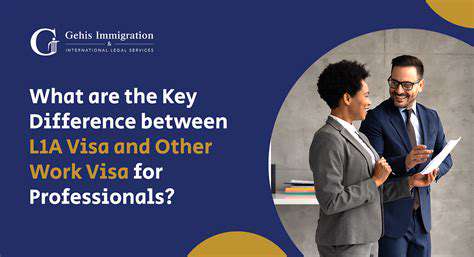
Global Visa Classification System
International travel regulations employ various visa categories tailored to different purposes, from temporary visits to permanent relocation. This structured approach helps nations manage foreign nationals while facilitating legitimate cross-border movement.
Each category operates under distinct rules reflecting its specific purpose, with requirements adapting to national policies and international agreements. Applicants must thoroughly understand these differences to ensure compliance.
Employment Authorization Visas
Temporary work visas enable qualified professionals to contribute their skills abroad for limited periods. These visas typically specify approved industries, duration limits, and qualification standards. Employer involvement is often crucial during the application process, as they must verify the necessity of foreign expertise.
Academic Opportunity Visas
Students pursuing international education obtain specialized visas requiring proof of enrollment and financial means. These visas maintain strict study-focused conditions to preserve program integrity and immigration compliance.
Leisure Travel Permissions
Tourist visas facilitate cultural exchange and recreational travel within defined timeframes. Regulations strictly limit permissible activities to prevent unauthorized work or overstays.
Permanent Residency Pathways
The most rigorous visa category assesses applicants' long-term potential contributions through detailed evaluations of skills, finances, and background. This comprehensive process ensures new residents align with national priorities while protecting public interests.
Economic Development Visas
Investment visas attract capital by offering residency in exchange for qualifying financial commitments. These programs require substantial, verifiable investments in approved economic sectors, with strict monitoring of fund utilization.
Diplomatic Privileges and Limitations
The Principle of Diplomatic Immunity
Diplomatic immunity serves as the foundation for secure international relations, enabling representatives to operate without undue interference. This protected status balances functional necessity with host nation sovereignty through established international conventions.
Defining Immunity Boundaries
While comprehensive, immunity doesn't cover criminal acts or actions beyond official duties. Clear limitations prevent abuse while protecting legitimate diplomatic functions, with specifics codified in international agreements for consistency.
Protective Measures for Diplomats
The system safeguards diplomats and often their families from legal actions unrelated to official business. Protection levels vary based on rank and bilateral agreements between nations.
Accountability Provisions
Host countries retain rights to address serious misconduct through established channels, including potential expulsion. These measures maintain diplomatic standards while respecting international law principles.
Mission Protections
Embassy properties and official communications receive special protections to ensure uninterrupted diplomatic operations. These safeguards extend to documents and correspondence critical to international relations.
Operational Realities
Immunity facilitates sensitive negotiations and conflict resolution by creating secure working environments. Its proper application requires continuous dialogue and mutual respect between sending and receiving states.
Maintaining Productive Relations
The system thrives when diplomats respect host country norms while nations honor diplomatic protections. This reciprocal understanding forms the bedrock of effective international cooperation.
Navigating Implementation Complexities
Executing Diplomatic Initiatives
Successful diplomatic implementation demands cultural competence and strategic adaptability. Practitioners must interpret subtle contextual cues while managing competing stakeholder interests across political landscapes.
Resource constraints and unexpected developments require creative problem-solving without compromising core objectives. Effective diplomats balance principle with pragmatism to advance national interests through turbulent environments.
Addressing Operational Challenges
Building trust across cultural divides necessitates consistent demonstration of good faith through transparent processes. Limited budgets and personnel shortages often require innovative approaches to maximize impact.
External pressures test diplomatic resolve, requiring steadfast commitment to strategic goals amid shifting political winds. Scenario planning helps teams adapt when unforeseen circumstances disrupt carefully laid plans.
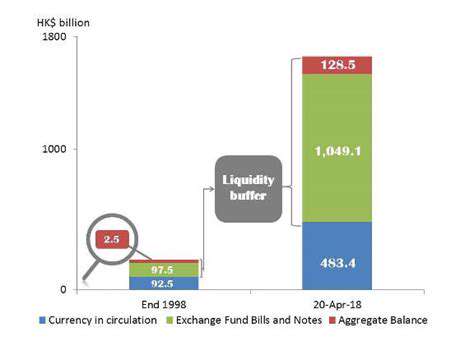

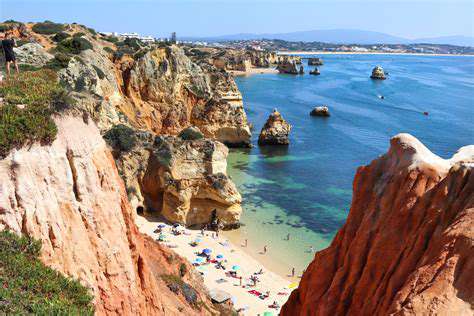
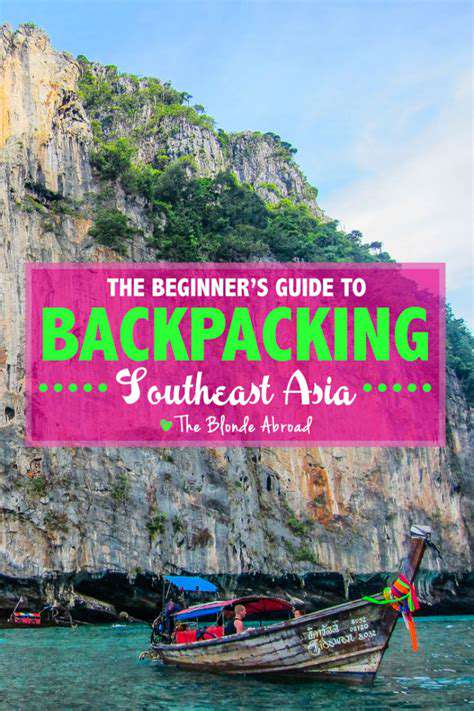
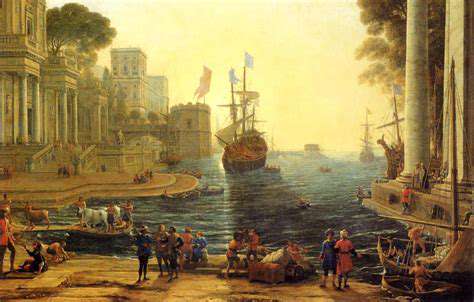

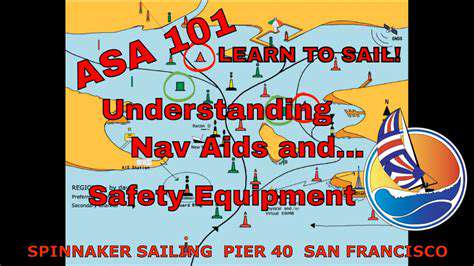

![Best Luxury Travel Credit Cards [2025]](/static/images/27/2025-05/ExploringSpecificCardOptionsfor2025.jpg)
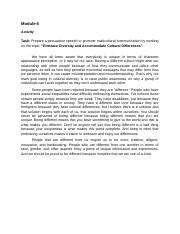

![Best Trails for Mountain Biking [Destinations]](/static/images/27/2025-05/BritishColumbia27sCoastalTrails3AAPacificNorthwestEscape.jpg)